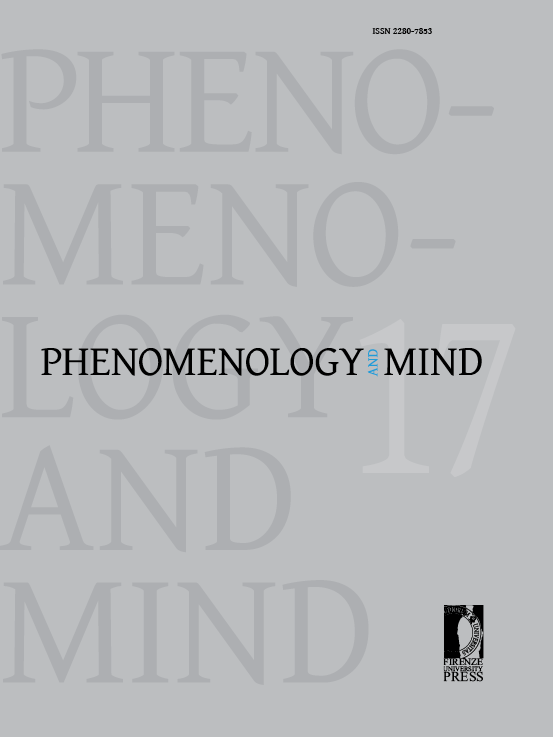Published 2019-12-15
Keywords
- norm,
- Normsatz,
- deontic sentence,
- athetic validity
How to Cite
Abstract
Starting from the analysis of three conceptual paradigms formulated by Theodor Geiger, this paper elaborates the concept of the athetic validity of a norm, in contrast to the concept of thetic validity. Thetic validity is the deontic validity that is the product of a thetic act of position, of an act of thésis, such as the enactment of a norm; athetic validity is conversely the deontic validity that is not the product of a thetic act of position. The concept of athetic validity sheds a light on the distinction between subsistent norms and deontic sentences and explains how a norm can exist and be valid independently of any act of position, and even independently of any linguistic formulation of that norm in a deontic sentence. It also makes it possible to dissolve a seeming paradox implied in Geiger’s notion of declarative deontic sentences, which ascertain the athetic validity and at the same time constitute the thetic validity of a subsistent norm.

